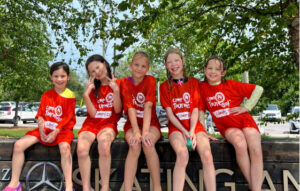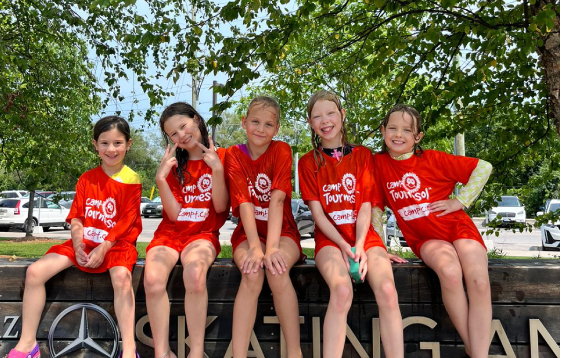If you’ve ever doubted the power of words, just think about how you felt anytime someone has said, “I am so proud of you…”
Every parent has uttered these words to their child because we innately know that words are powerful.
Although it is natural for us to always be proud of our children, it is also important to analyze the ways in which we praise our children.
Choosing Words to Use When Praising Kids
Although all praise has good intentions, the truth is, some words contain different meaning.
For example, when we use phrases like “I am so proud of you” to praise a toddler instead of “well done, you worked hard at that”, it puts the emphasis on the results instead of the process.
We should want to equip our children with an attitude that will make them want to succeed but also realize that success rarely comes without hard work and dedication.
Ensure You’re Recognizing Effort to Help Kids Get Through Failure
When children are used to being praised directly they are not equipped to face a time when things don’t go as planned.
As they grow older, toddlers are faced with tasks that require more advanced learning skills and are in turn more complex and difficult to handle.
Children who are conditioned to understand the correlation between hard work and success will fare better than those who are groomed with constant result-focused praise.
Essentially, it is important to praise the process, not only the outcome.
Praising Hard Work Creates Pride in Effort
When you verbally recognize your child’s effort, it helps them learn that working hard at something is also important, regardless of the results,  and that they shouldn’t get disappointed when they have to work at it more or when things don’t work out their way.
and that they shouldn’t get disappointed when they have to work at it more or when things don’t work out their way.
When children receive praise about the way they tackle something or are praised about their persistence or hard work, they feel more confident when they have to achieve a new task.
They know they have the ability to work at it and succeed.
They become better risk takers.
Self-Confidence Will Help Kids Venture Outside Their Comfort Zone
When a child is used to “being so smart at …” they often choose to avoid the challenge of a new task and keep with what they know they can achieve.
Researchers have seen gifted children choose their comfort zone rather than the new challenge.
Giving your child the gift of self confidence starts at a young age but you can always change your way of praising them to reinforce it.
Praising the process provides an open mindset that will make them ready to accept new challenges whether it is in their school work, meeting new friends or being part of a new team!
For more information, check out these links:
- Feature, Heather HatfieldWebMD. “The Right Way to Praise Your Kids.” WebMD. WebMD. Web. 20 Mar. 2015.
- “How Not to Talk to Your Kids.” NYMag.com. Web. 20 Mar. 2015.
- “Five Reasons to Stop Saying “Good Job “ by Alfie Kohn september 2001





